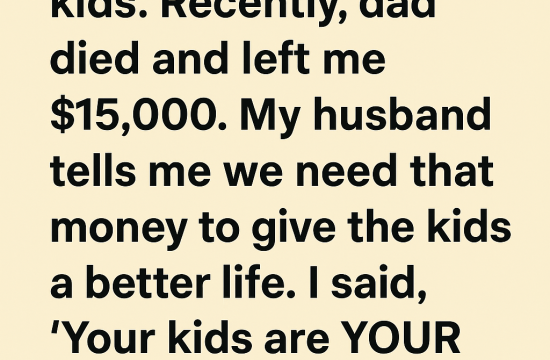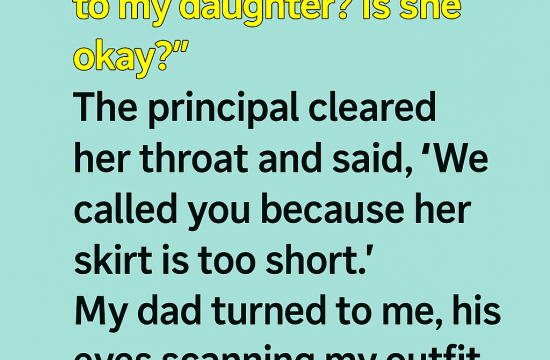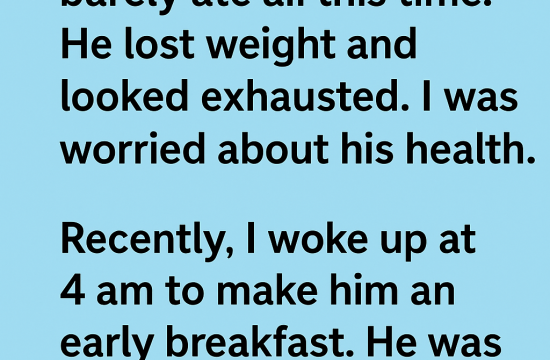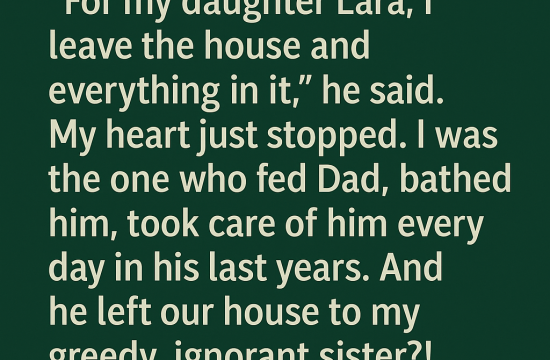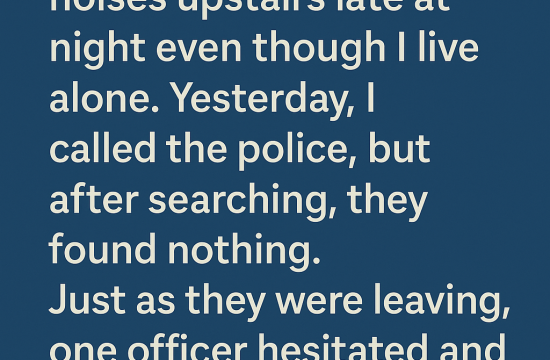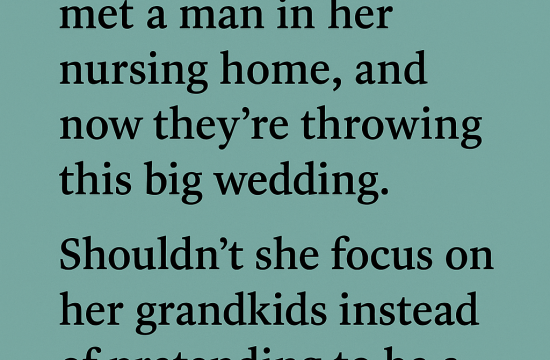I always believed I had the perfect husband—until the day a letter arrived that ripped my world apart.
As a family therapist, I’d spent years guiding couples through their darkest moments. I’d preached trust, forgiveness, and communication. Never once did I imagine that betrayal would come knocking at my own door.
The envelope was plain, unmarked, and ominous. Inside, the note was titled: “Truth About Your Husband.”
Confident I knew everything about Galen, I opened it without fear. Seconds later, my heart was pounding so hard it hurt. There were photos—grainy but unmistakable. Galen. A bed. And a woman.
If it had been just an affair, maybe it would have been easier. But it wasn’t a stranger in those pictures. It was my cousin, Marella.
I dropped the letter like it burned. Marella, who had been showing up at my house with wine and smiles, folding laundry beside me as if we were kids again at Grandma’s. Marella, who laughed a little too loudly at Galen’s jokes.
For two days, I lived a double life. In my office, I counseled couples on rebuilding trust. At home, I studied my husband with new eyes—the way he flipped his phone screen down, the subtle glow when Marella’s name lit up. The puzzle pieces I had ignored were now cutting me like glass.
On the third day, I confronted him. No screaming. No tears. Just quiet words:
“I got a letter. With pictures.”
His face drained of color. Not defensive. Not confused. Just… caught.
“I didn’t mean for it to happen,” he whispered.
And that was all I needed to know.
I told him to leave. He packed a bag that night. Marella vanished too—deleted me online, disappeared from our group chat, as if she’d been waiting for the excuse.
I was hollow. I brewed coffee each morning, reviewed case notes, and went through the motions, but inside, I felt like a ghost walking through her own life.
Two weeks later, another letter arrived. Same handwriting. No return address.
“Before you blame yourself, know this: Galen has done this before. You weren’t the first.”
Enclosed were screenshots of emails between him and a woman named Sayeh—dating back to our honeymoon phase. Photos of them together at the same beach resort where Galen and I had once celebrated our anniversary.
My stomach turned. He had been betraying me since the beginning.
And then I recognized the handwriting—tilted cursive, uneven loops. Dalia. My old friend who had warned me about him years ago.
I tracked her down. She admitted it: yes, she had sent the letters. Not to hurt me, but because she knew I’d never believe the truth otherwise.
We spoke for hours. She reminded me of the red flags I’d dismissed—the flirtations I’d laughed off, the gaslighting I’d endured. She confessed she’d pulled away out of sorrow, not malice. Watching me defend Galen, she said, was like watching someone walk into oncoming traffic.
For the first time, I cried—loud, messy sobs that wracked my chest.
After that, I took control. Filed for divorce. Sold the house. Changed my number. And slowly, I rebuilt.
My work shifted too. I stopped selling the idea that love always conquers all. Sometimes, love is the problem. Sometimes, leaving is the cure.
But the story didn’t end there.
Nearly a year later, I got a Facebook message from Iveta—Marella’s younger sister. We met in a café. She looked nervous, twisting her sleeve.
“Marella thought she was winning,” she confessed. “But Galen used her, too. Promised her a future, then vanished once you kicked him out. She’s in treatment now—not because she feels guilty, but because she couldn’t handle being discarded.”
Before leaving, Iveta handed me a folded note from Marella.
“You were the only person who ever treated me like family without expecting anything back,” it read. “I thought I was stealing love, but really, I was only holding onto a mask he wore. I’m sorry. You didn’t deserve it.”
I didn’t forgive her. But I didn’t cry either. Instead, I felt peace.
Because Galen’s betrayal no longer defined me—it revealed him. And in its wake, it revealed me too.
I had spent years helping others untangle knots in their marriages while ignoring the unraveling of my own. Now, I understood: loyalty is not optional. Love without respect is just performance.
Today, I still sit across from couples, helping them talk, helping them try. But I no longer believe saving the marriage is the ultimate goal.
Sometimes, saving yourself is.
So if you’re reading this and wondering if your gut is right—listen to it. Love should not make you doubt your worth.
Let go of what shatters you. Make room for what builds you.




